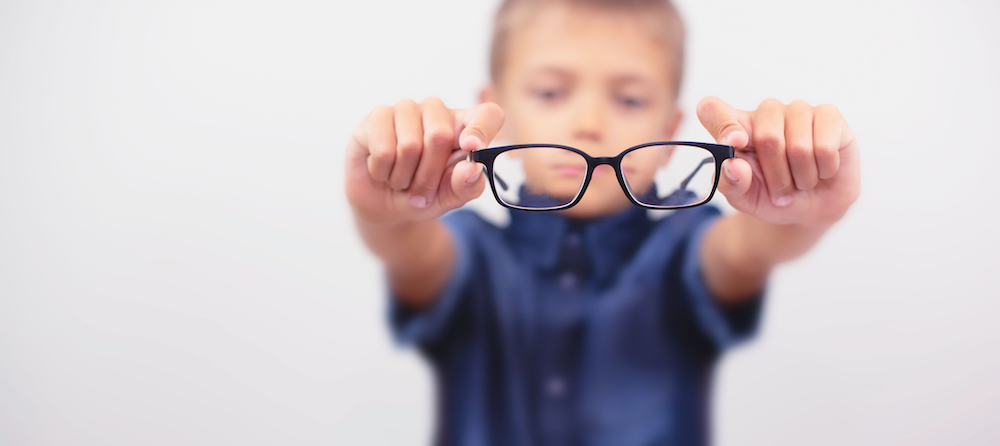
Myopia or nearsightedness is a common vision condition that usually develops in childhood. Eye doctors regularly prescribe lenses to correct refraction errors. If your child has myopia, you should determine the best treatment option.
What Causes Myopia?
Myopia is a refractive error that affects both children and adults. The condition occurs when the eyeball elongates beyond normal. It causes light to focus in front of the retina instead of directly on the light-sensitive area. It causes distant objects to appear blurry while those close remain clear.
The level or degree of myopia can progress rapidly or gradually, depending on the individual. The progression usually happens between eight to 18 years, resulting in the need for stronger eyeglasses. Progressive myopia is not just an inconvenience; it can increase the risk of developing eye diseases in the future. Myopia management can prevent the progression of the condition.
Does Your Child Have Myopia?
Childhood myopia is a condition that continues to affect millions of children around the world. Modern lifestyles, which include increased digital device use and reduced outdoor time, have contributed to the problem.
Experts believe that by 2050, more than 50 percent of the world's population will have myopia. Having myopia increases the risk of developing vision-threatening eye diseases. The level of myopia the child has is related to the risk of disease.
Progressive Myopia
Myopia usually worsens throughout childhood, leveling off in early adulthood. It means that when your child is diagnosed with the condition, he may require stronger lenses regularly. Progressive myopia means that vision difficulties become worse over the years.
Apart from the negative impact on the child's life, worsening myopia can increase the risk of developing various eye diseases. The child will likely develop glaucoma, cataracts, retinal detachment, and macular degeneration in the future.
Myopia Management
Standard eyeglasses or contacts can help correct eyesight, but they do not prevent the progression of myopia. Myopia management can help slow the progression of the condition by treating the underlying cause. It helps slow the rate of eyeball growth in children. Myopia management options include:
Orthokeratology (ortho-k)
Atropine eye drops
Multifocal lenses
Eye doctors create a customized management program for each patient. The patient is evaluated and monitored throughout the treatment. The treatment may be modified to ensure the best results.
Is Your Child a Candidate for Myopia Management?
Most children with myopia are good candidates for myopia management. The younger a child is when they are diagnosed with the condition, the more likely they are to have progressive myopia. To discover if your child can benefit from the management, visit an eye specialist.
Children as young as three years have received myopia management. The doctor will assess the child's condition to determine the best treatment option. There is currently no cure for myopia, but myopia management can slow the progression of myopia in children or teens. It can help prevent severe or high myopia. Customized management depends on the child's age, level of maturity, and vision condition.
For more on whether a child is a candidate for myopia management, visit Limestone Eye Care at our Lawrence, Kansas office. Call (785) 268-6880 to schedule an appointment today.








